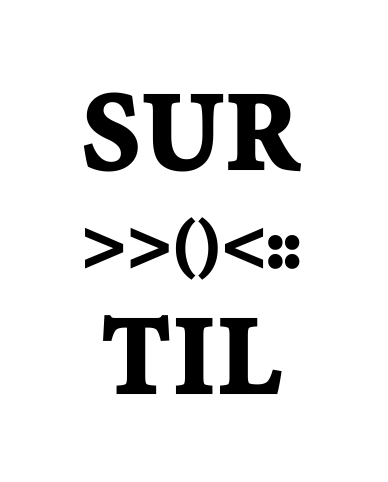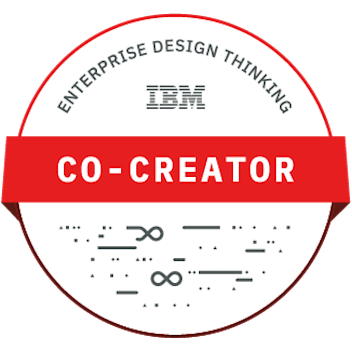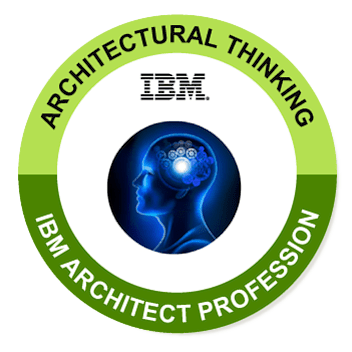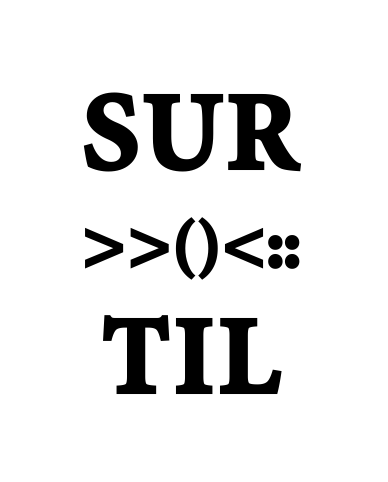
“If the map doesn’t agree with the ground the map is wrong”
Gordon Livingston – Too Soon Old, Too Late Smart
Surtil has as mission to help individuals, teams, companies and organizations to make clever and innovative decisions,
making good use of a set of methodologies, tools and decision intelligence.

Surmounting
The Information Lens.
“we’ve moved from the age of enlightenment to the age of entanglement where sense-making aided by imagination is now more critical than ever.“
John Seely Brown
Information uses & needs,
e.g. across supply chains and ecosystems:
Transparency, Product Passport,
Sustainability, Fair Trade
Circular Economy
Stakeholder Economy
The Information Lens
Cultural and Economic Traditions,
Operational Excellence, KPI’s
Contractual Specifications and Quality Control,
Flow of Goods/Money — Flow of Data/Value
Trust and Fear
Methods and Tools
Variety of Creative techniques,
Innovation Games, Design Thinking Tools,
Story Telling , Brain Writing
Stakeholders Representation and Involvement
Safe Information Sharing
It seems plain and self-evident, yet it needs to be said:
the isolated knowledge obtained by a group of specialists in a narrow field has in itself no value whatsoever,
but only in its synthesis with all the rest of knowledge and only inasmuch as it really contributes in this synthesis toward answering the demand,
“Who are we?”
Erwin Schrödinger – Science and Humanism, Physics In Our Time
About Walter Stiers:
- Information Architect
(Systems, IT, Applications, Solutions, Enterprise, Ecosystems) - Scientific Foundation
(Geosciences, Ecosystems, CAS, Sense-making, Neuropsychology, … ) - Arts – Music
- Design Thinking Facilitator
- Decision Science



Walter [at] Surtil.com
My blog covers articles, publications, reflections and stories on the evolving landscape of decision science, decision intelligence, AI, Informational Lens, and more.
what felt like a communication problem is a thinking problem
“Betting blind on AI and the scientific mind” Our brains when we stop writing Writing is, for many, a way of thinking. Using chatbots to bypass the struggle to articulate thoughts might erode a scientist’s capacity for creativity and critical thinking, writes science-communication educator and neuroscientist Tim Requarth. The evidence either way is, so far,…
Licht op het donker
Recent zijn een aantal boeken en publicaties verschenen en onder de aandacht gekomen, die licht gaven op het donkere dat gebeurd was. Enkele zijn samengevat in een eigen pagina:
Geweld herkennen
“Geweld herkennen in complexe scheiding. Inkijken bij het geïnstrumentaliseerde kind” Manipulatie en controle bij echtscheidingen: “Dit zadelt kinderen op met levenslang trauma” Valerie Swennen, GVA – 19 januari 2026 “Geweld in scheidingen blijft vaak verborgen, maar de gevolgen zijn diep en blijvend.”Dit boek nodigt uit om met andere ogen te kijken naar conflict, communicatie en…
